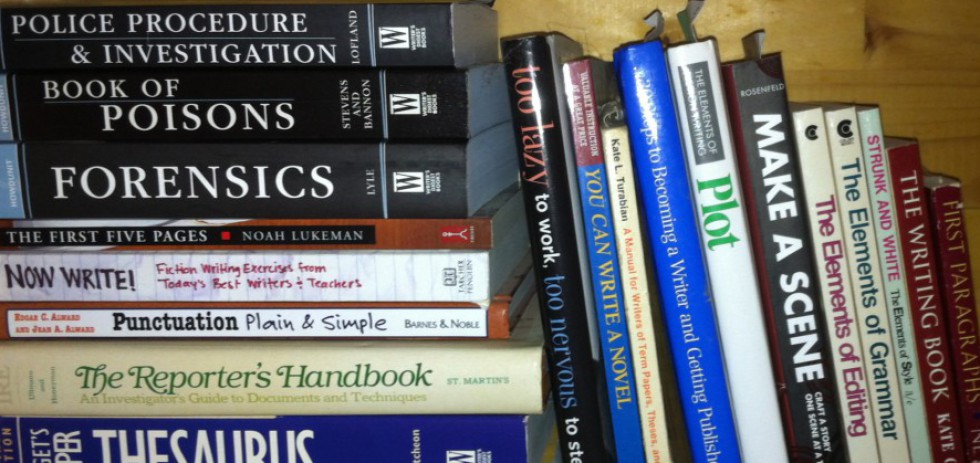Not So Hard
By Annette Rey
To all the writers whose primary language is not English, and who are trying to use English correctly in your writing, I sympathize.
Here are two simple tricks to help you know when to use I or me in a sentence.
I want to arrive at the correct answer without quoting laws of grammar. By the time you read the rules and try to understand them, you’ve already lost your original objective. The rules distract. So, here’s what I suggest.
When you are not sure whether you should use I or me in a sentence, rework the sentence. That will tell you what word to choose. Here is an example of what I mean.
1) Becky doesn’t think like me.
SAY OUT LOUD: Becky doesn’t think like me think.
Or –
SAY OUT LOUD: Becky doesn’t think like me do.
When you hear the sentence out loud, you know that me does not sound right. So the answer is I.
Rewrite the sentence to read: Becky doesn’t think like I think. Or: Becky doesn’t think like I do.
Then there is the example of the words coming at the beginning of a sentence.
1) Bill and me went to the park.
SPEAK THE SENTENCE TWICE – once for each subject, as in:
Bill went to the park.
Me went to the park.
Then speak the sentence with I, as in:
Bill went to the park.
I went to the park.
You can see by this exercise that me is the wrong choice. I is the correct choice.
So the sentence should read:
Bill and I went to the park.
This practice helps because your ear is the judge.
Keep striving to improve your English usage, whether English is your first or second language.
